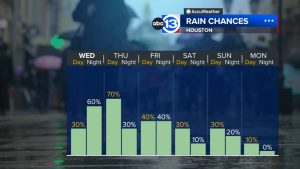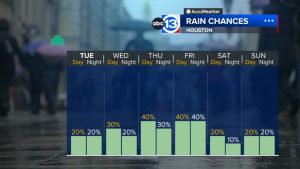
As students gear up for summer break, concerns over consistent access to meals loom large for many families across Texas. The Summer Electronic Benefit Transfer Program (Summer EBT), initiated by the United States Department of Agriculture (USDA) to provide financial assistance for food during summer months, will not be operational in Texas for the summer of 2024, adding to the challenges faced by vulnerable communities.
Thomas Vazquez, a press officer for the Texas Health and Human Services Commission, cited resource constraints and logistical challenges as reasons for the state’s inability to implement the program this year. The decision comes amid strains on existing programs like the Supplemental Nutrition Assistance Program (SNAP), leaving many Texans waiting up to six months to receive benefits.
Nonprofit organizations like Feeding Texas emphasize the critical need for food assistance, particularly during the summer when access to school meals is limited. The Summer EBT program aims to supplement the Summer Benefit Food Service program, which historically has struggled to reach a significant portion of eligible children due to logistical hurdles.
Celia Cole, CEO of Feeding Texas, highlighted the potential impact of Summer EBT, estimating that it could have served approximately 3.7 million children in Texas, providing an additional $430 million in food resources to families in need.
Eligibility for the program is determined by various state agencies, including the Texas Health and Human Services Commission and the Texas Department of Agriculture. Collaboration among these agencies presents logistical challenges, further complicating the implementation process.
The decision not to implement Summer EBT in Texas underscores the persistent issue of food insecurity among children, with approximately 20% of Texas children facing uncertain access to food. Local initiatives, such as meal distribution programs organized by school districts and nonprofit organizations, aim to fill the gap during the summer months.
Looking ahead, the Texas Health and Human Services Commission expressed its commitment to exploring options for future implementation of the program. Feeding Texas continues to advocate for the program’s adoption in 2025, citing widespread support and feasibility.
As discussions continue, the focus remains on ensuring that children have access to nutritious meals year-round, underscoring the importance of addressing food insecurity for the well-being of Texas communities.









